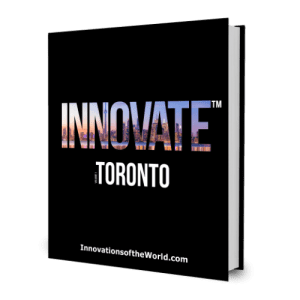U of T consistently ranks as one of the world’s Top 25 universities, and it’s the hub of Toronto’s innovation ecosystem. For nearly 200 years, some of society’s most daring thinkers have gathered here to unlock human potential and bring about positive change. It’s where Frederick Banting, Charles Best, James Collip and John Macleod discovered insulin; where Marshall McLuhan anticipated the internet; where Geoffrey Hinton developed the foundations for truly smart machines. And it’s where tomorrow’s transformational innovations are being researched and realized — today.
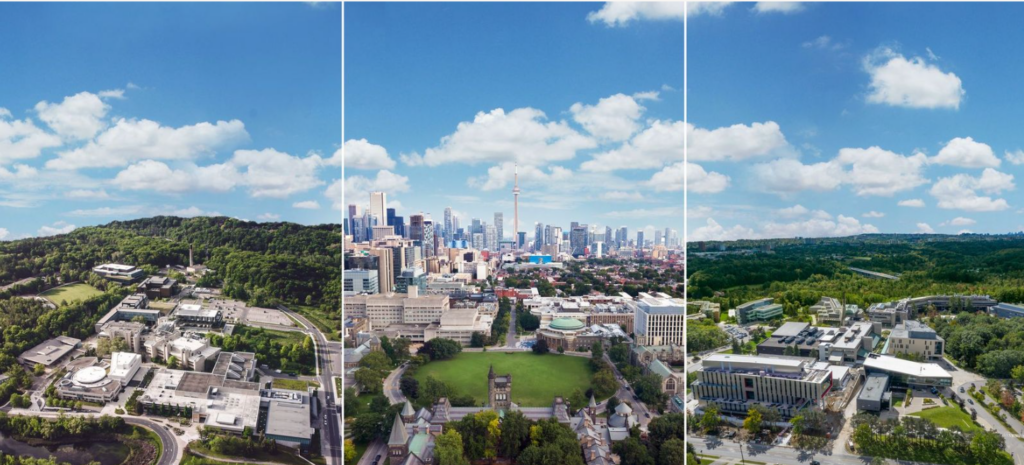
As Canada shifts to an innovation-based economy, U of T is the ideal place to build a company and transform research into products that promote prosperity, well-being and vitality in our region and the world. It’s one of the university’s most important missions: to enrich our students and partners — the next generation of innovators — with the best teaching and resources.
U of T is a community that believes talent and great ideas can rise above any challenge and change the calculus of what’s possible. It’s a place that defies gravity.
Scaling innovation
U of T’s entrepreneurship community consists of numerous startup accelerators spread across three campuses.
Just a Quick Note:
InnovationsOfTheWorld.com has partnered with Trade License Zone (TLZ) to support global innovators looking to expand internationally. Take advantage of the UAE’s Free Zones—enjoy streamlined setup, low corporate taxes, and a strategic gateway to the Middle East and beyond.
Get Your UAE Free Zone License Fast & Easy!U of T Mississauga:
• ICUBE UTM
U of T St. George:
• Centre for Entrepreneurship
• Creative Destruction Lab
• The Entrepreneurship Hatchery
• Health Innovation Hub
• InnovED
• University of Toronto Early-Stage Technology (UTEST)
U of T Scarborough:
• The BRIDGE
• The Hub
#1 university in Canada for research-based startups
600+ venture-backed startups launched in the last 10 years
$2 billion in investment
9,000 jobs created
75% of the inventions created at U of T involve at least one student/trainee as a co-inventor
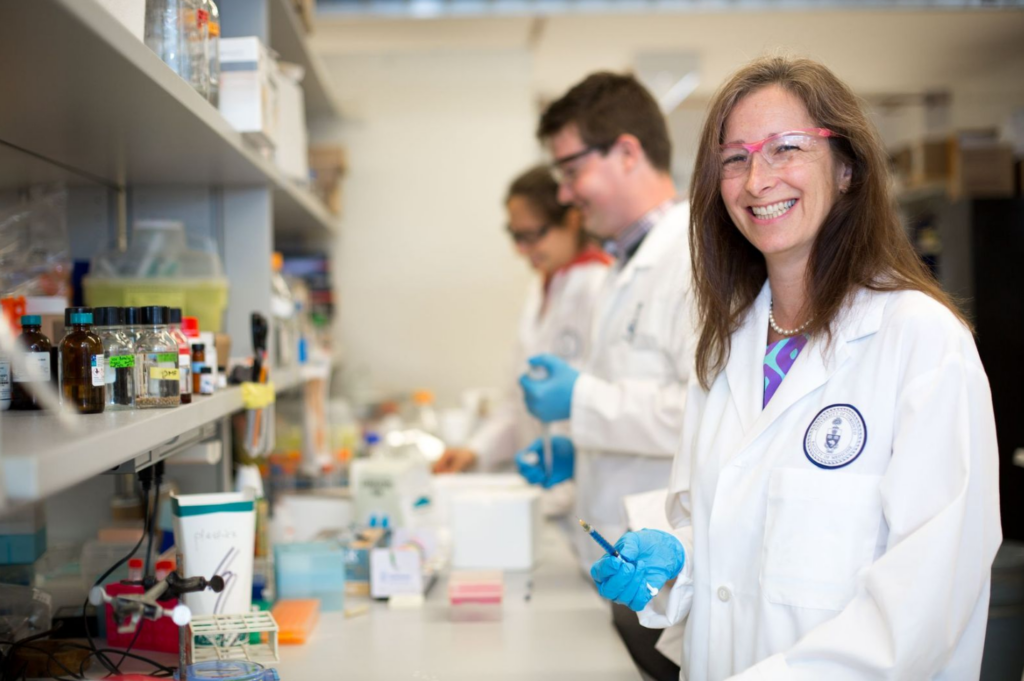
Creating impact
Entrepreneurship at U of T thrives thanks to the strength of our community. There is deep expertise among innovators representing every corner of the world in every discipline — from digital humanities and behavioural economics to nanoscience and quantum computing. This diversity, in turn, inspires our students, faculty and alumni to scale meaningful innovation into leading companies.
Breakthroughs in biotech
For more than a century, U of T and its academic hospitals have given the world pioneering medical treatments and therapies. Insulin, for example, was discovered here, and that commitment to human health extends to all novel fields: regenerative medicine, cell therapy, biologics, molecular chemistry, biopharmaceuticals and nanomedicine. All of our health startups benefit from access to an unparalleled network of hospital and industry partners.
Noteworthy biotech ventures
AmacaThera, founded by renowned scientist Molly Schoichet, is developing a novel drug-delivery platform to improve patient outcomes in areas such as post-surgical pain management and cancer.
BlueRock Therapeutics, co-founded by University Health Network researchers, Drs. Gordon Keller and Michael Laflamme, advances novel stem cell-based treatments for a variety of diseases, such as cardiovascular disease and Parkinson disease.
Deep Genomics uses AI to untangle the complexity of RNA biology to identify novel targets as well as evaluate and identify the best therapeutic candidates.
Atomwise leverages AI tech to harness millions of data points and thousands of protein structures to solve problems that would take a human chemist many lifetimes.
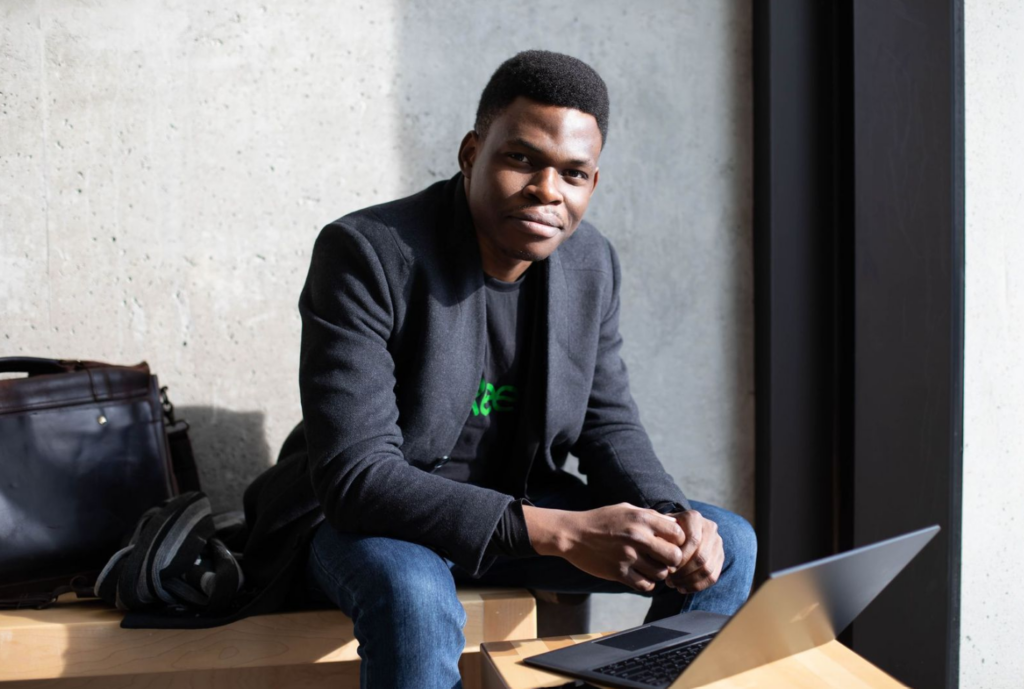
Cleantech for climate success
Our cleantech experts are zeroing in on a net-zero future — and they’re creating the products and jobs necessary to get there. The university’s research in green and renewable technologies has attracted roughly half a billion dollars in funding, with startups raising close to $300 million over the past decade. CERT Systems, for example, a Carbon XPRIZE finalist founded by engineering students, has developed a system to convert CO2 into fuel before it reaches the atmosphere. It’s that kind of cutting-edge innovation that is bringing a sustainable Canada closer.
Noteworthy cleantech companies
Reeddi mixes renewable energy sources with generation and distribution systems to provide clean, affordable power to energy-poor regions of the world.
Pliant Power Devices has created a form of electric plastic meant to be a direct replacement for heavy-metal-based, lithium-ion cathode materials.
Genecis converts food waste into bioplastics and other valuable materials which, in turn, stops garbage from collecting in landfills and entering our oceans.
e-Zinc produces long-duration energy-storage devices. Its technology uses commodity materials to ensure low-cost energy storage to replace diesel generators for remote areas.
World-changing innovations
Breakthrough discoveries at U of T and its partner hospitals have improved the lives of people for generations.
1921 The discovery of insulin
1938 Invention of the electron microscope
1951 Invention of the pacemaker
1952 Invention of Toronto Method for polio vaccine manufacturing
1953 Invention of the electric wheelchair
1959 Invention of the alkaline battery
1993 Invention of the 56K modem
2013 Invention of the 3D skin printer
2020 Invention of gel-based drug delivery
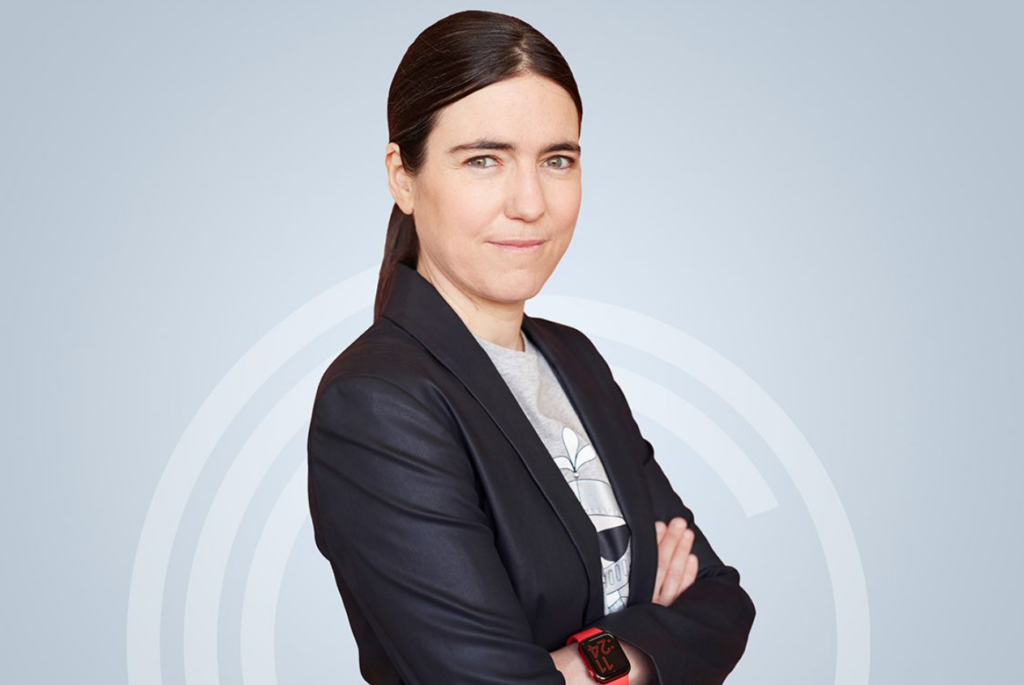
Innovations in AI
Geoffrey Hinton’s pioneering research created a solid foundation for Canada to become a global AI powerhouse, as well as an international magnet for AI talent and innovation. Building on this work, the PanCanadian AI Strategy enabled the launch of AI research centres, including the Vector Institute for Artificial Intelligence, supporting the generation of more than 50,000 jobs.
A common goal unites the university’s stable of AI experts: make the technology work for the benefit of society. Some are using AI to remove bias from the workplace; others enlist smart machines to discover new drug therapies. Then there’s Raquel Urtasun and Sanja Fidler, two professors who are translating their machine-learning research into
innovative companies. Urtasun is the CEO of autonomous vehicle startup Waabi, while Fidler guides the AI team at the interactive-graphics company Nvidia.
Noteworthy AI ventures
Waabi is developing sophisticated AI systems for autonomous vehicles. The venture was launched by Raquel Urtasun, a U of T professor of computer science and world-leading expert in machine learning and computer vision.
Ada Support’s AI tech supports an automated chat system that helps big-name brands such as Zoom, Wattpad and Koodo Mobile better engage customers and reduce costs.
Xanadu is building the first large-scale and room-temperature quantum computer using predominantly off-the-shelf and affordable products. The company secured more than $120 million in investment in 2021.
BenchSci uses machine learning, bioinformatics ontologies, image recognition technologies and filters to enable rapid selection of experiment-specific antibodies.

Building a bright future
The Schwartz Reisman Innovation Campus will be the go-to hub for tech entrepreneurs. Supported by a generous $100-million donation from Torontonians Gerald Schwartz and Heather Reisman, the campus will house U of T’s entrepreneurship programs, as well as the Vector Institute for Artificial Intelligence.
Specifically, the new building will serve scale-up technology companies and startups working in research-based AI — helping them move beyond the incubator stage and bring their products to market.
When completed, the innovation campus will feature 650,000 square feet of lab, research and event space, along with soaring atria, vertical gardens and ample public space. Designed by Weiss/Manfredi, one of North America’s leading architectural firms, in collaboration with Toronto-based Teeple Architects, the campus will be a showcase for “innovation architecture” and will occupy one of Toronto’s most iconic locations, the northeast corner of College and Queen’s Park.

The New Home For:
• AI-focused startups and scale-ups
• Centre for Entrepreneurship
• Innovation & Partnerships Office
• ONRamp co-working space for startups
• Schwartz Reisman Institute for Technology and Society
• University of Toronto Entrepreneurship
• UTEST
• Vector Institute
True grit
U of T startup founders represent the best in business.

Joella Almeida, Co-founder, MedEssist
A former student-representative on U of T’s Arts and Science Council, Almeida co-founded MedEssist to support independent pharmacies in many ways — COVID-19 testing, vaccine administration, patient relationship management, administrative tasks and marketing.
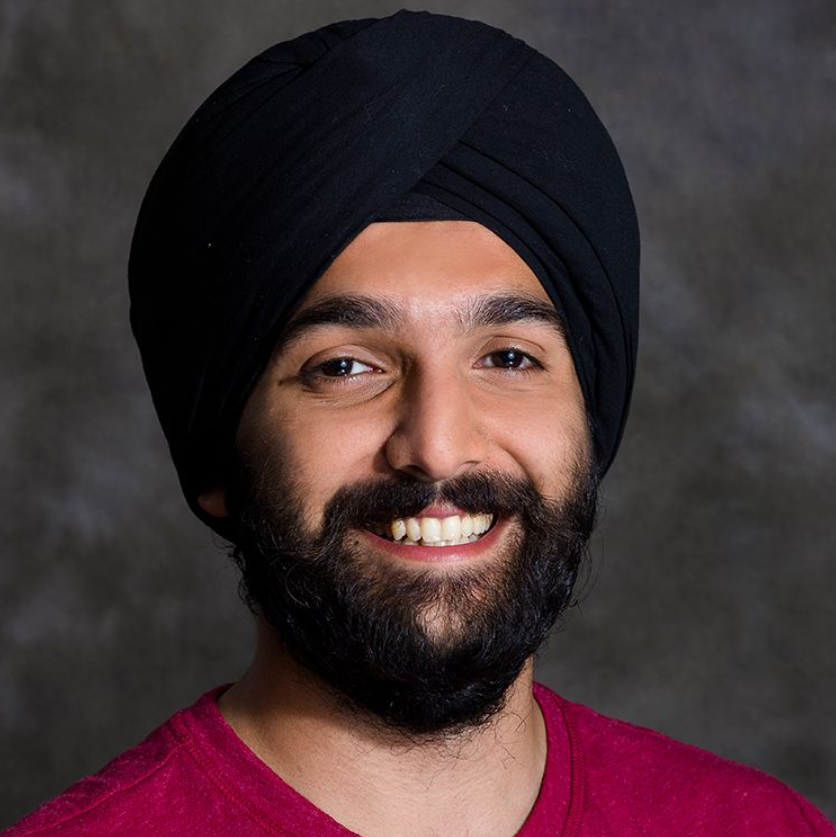
Manmeet Maggu, Co-founder and CEO, Trexo Robotics
Maggu’s company makes devices that allow children with disabilities to walk and be active. He earned his MBA in entrepreneurial studies at U of T before taking on several hardware and software roles, and ultimately becoming a founder.

Nuha Siddiqui, Co-founder and CEO, erthos
A veteran of the Rotman Commerce Innovation Group, Siddiqui and her team at erthos create single-use plastics from plants. The company’s resins serve as alternatives to polypropylene, polyethylene and polystyrene and are compatible with existing plastic manufacturing technologies, making them easy to adopt.

Peter Zandstra, Co-founder and CSO, Notch Therapeutics
Zandstra, now director and professor at the University of British Columbia, founded Notch when he was a professor at U of T. Notch develops renewable, stemcell-derived immunotherapies. This has the potential to create unlimited supplies of therapeutic cells that are specifically engineered to address the biology of complex disease systems.
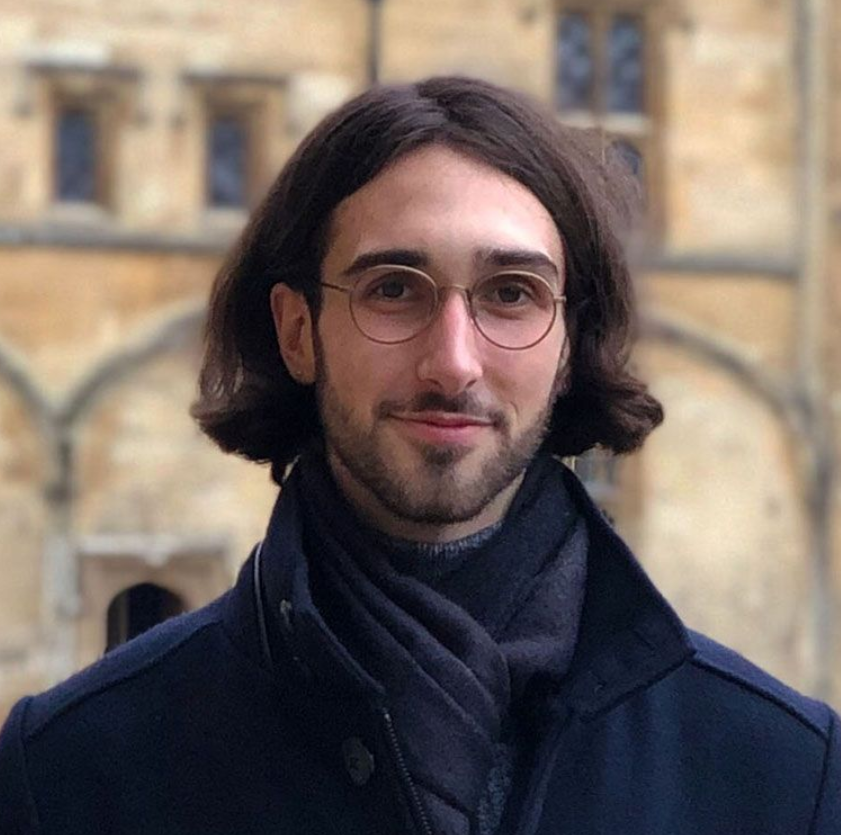
Aidan Gomez, Co-founder and CEO, Cohere
Gomez, who began his U of T career in 2013 as a computer science undergrad, started Cohere with the goal of helping computers understand the nuances of human language. His platform reads and evaluates billions of web pages to grasp the meaning, sentiment and intent of use.
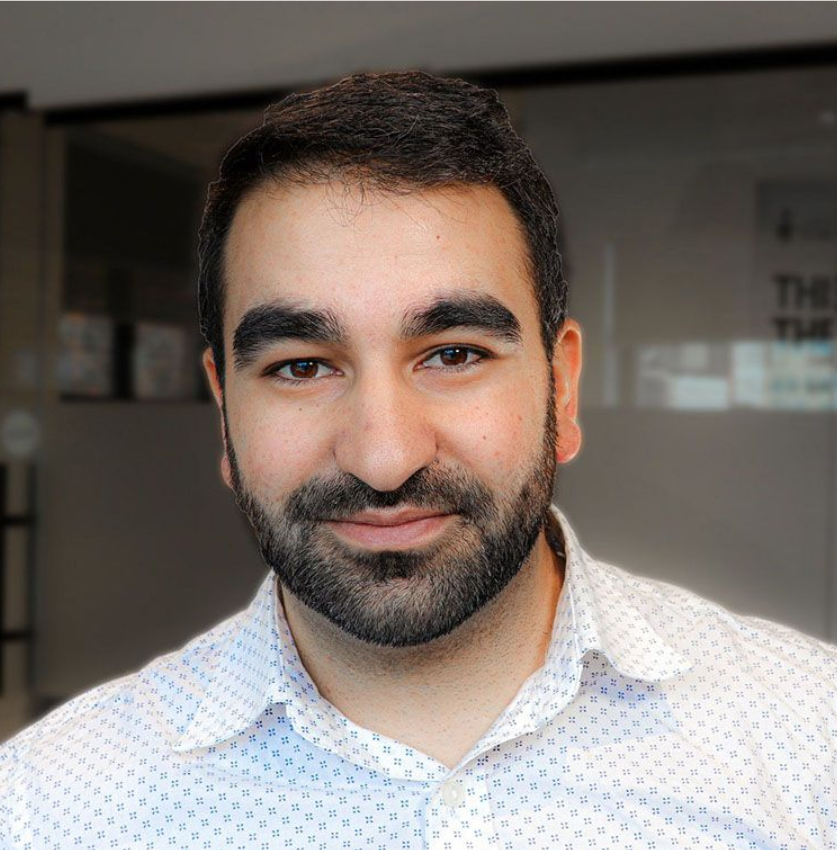
Mina Mitry, Co-founder and CEO, Kepler Communications
Mitry came to U of T in 2007 to study aerospace engineering. By 2015, he had co-founded Kepler Communications, a venture that is on a mission to build the internet in space, providing real-time communications between satellites, space stations, launch vehicles, habitats and any other space-borne assets.

Nabanita Nawar, Co-founder, HDAX Therapeutics
A medicinal chemist and PhD candidate in the Gunning Lab at U of T, Nawar and her team are developing a small molecule technology that can interrupt the development of a particular Alzheimer’s disease-promoting protein. When the small molecule binds to the protein, it could potentially regenerate damaged neurons and reverse the effects of Alzheimer’s disease.
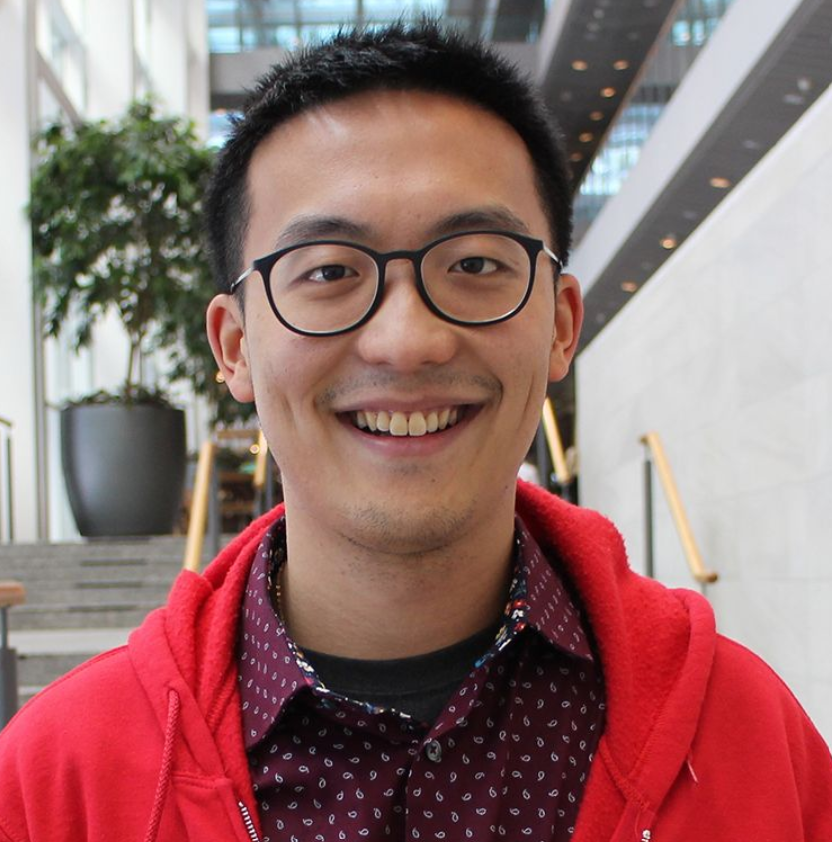
Albert Tai, Co-founder and CEO, Hypercare
After taking a master’s degree course at U of T’s Faculty of Information, Tai was inspired to create the Hypercare app, which allows healthcare workers to communicate faster and more effectively. During the pandemic, Tai’s tech was crucial in delivering efficient healthcare for COVID-19 patients at Toronto’s Michael Garron Hospital.

